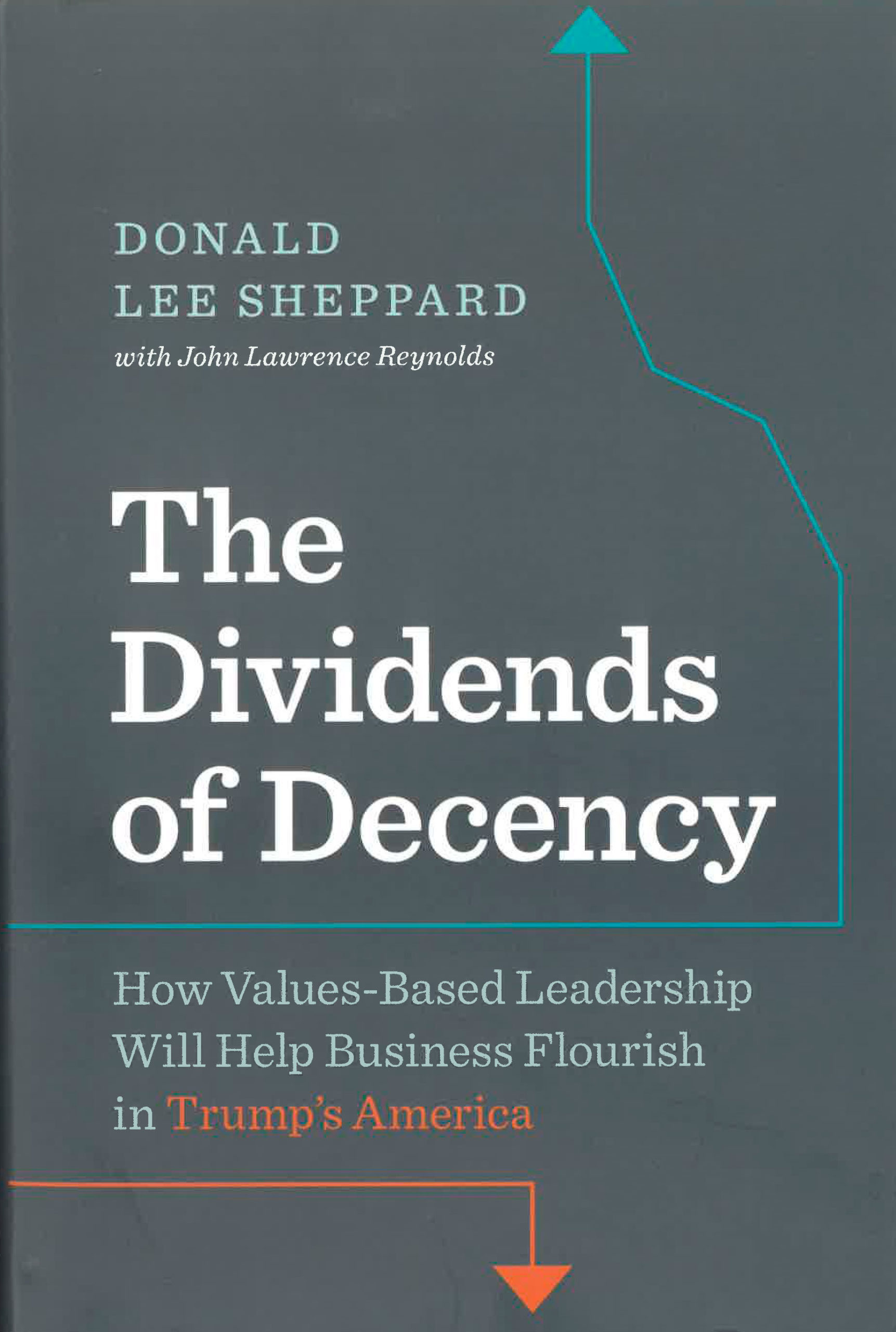By Morf Morford
Tacoma Daily Index
There are two “Golden Rules” in circulation. The more cynical one, and perhaps more widely known and followed, is that “The Golden Rule” means “The one who has the gold, makes the rules.” The older, more traditional version is, “Treat others the way you want to be treated.”
There is a more modern version of the first, more cynical version – “HPPR” (highest paid person in the room) which roughly translated, means the “highest paid person in the room” makes the decision.
There may be more informed advisors and experts in the room regarding any decision, but the ultimate decision is in the hands of the one who gets paid the most. This does not mean that there is any correlation between who made the decision and how good that decision actually is – and who actually agreed with it.
Bill Gates, for example, is famous for not being hesitant to hire people smarter than he is – and actually listening to them.
Whatever your business or industry, paying attention to your customers, vendors and employees will almost certainly serve you well.
An enduring business is one that knows that the first principle of a successful business is that a continuing customer is far more important than any single sale or transaction.
Thomas Jefferson firmly believed that mutually rewarding trade was the primary, if not exclusive, basis of world peace – and being treated fairly was the core of every business transaction of any scale.
On a personal level, there are providers and vendors I seek out, and others I avoid, precisely because of how I feel treated.
The irony about good service is that it costs almost nothing to provide, but poor customer service will cost a business dearly.


Think of a store or a business that serves you well, what comes to mind in terms of how much you look forward to being there? Of using their products or services?
I think of a Nordstrom store. Yes, their prices are a bit higher than many of their competitors – but their service is consistently exceptional, and they stand by their products. They may lose a few dollars at any given transaction because of their generous return policy, but they are likely to earn a customer for life – if not for the life of that customer’s children, and their children…
Others stores, like discount stores, often sell products that rarely survive a single-use, let alone the (sometimes) lifetime warranty of many products from Nordstrom.
If there is anything we as customers need, it is consistency. If you are a parent, you know that your children crave consistency. If you have a pet, a cat or a dog in particular, you know that they crave consistency. Animals and children, and employees and customers, thrive on predictability and routine. We may not put it into words, but we like, to a large degree, to know what to expect. Animals (and children) function at their best when their eating and sleeping are on a routine schedule.
The cynical version of The Golden Rule (that the one with the gold makes the rules) is a working definition of despotic rule – that one person, no matter how ignorant, incompetent, dishonest, violent or corrupt imposes his (or her) arbitrary will on a family, business or nation. In any case, whether family, business or empire, this rarely, if ever, ends well.
I recently read a book by Donald Lee Sheppard, The Dividends of Decency – How Values-based leadership will help business flourish. The premise of the book is simple – if not obvious – but somehow we have found ourselves in an era when simple, obvious or even equitable (or even rewarding) relationships seem rare or difficult. Suspicion and distrust have become the basic features and characteristics of almost every action, product or service. For most Americans, respect for and trust of institutions, from churches to schools, business or political processes has been at record lows. The idea of being treated fairly is disorienting if not almost alien.
To expect that retailers, religious leaders, call centers or politicians will serve us faithfully without taking advantage of or betraying us is almost laughable.
For better or worse, cynicism, distrust and exploitation may flourish for a season or news-cycle, but they ultimately have a short shelf-life. The truth will out (as Shakespeare put it), the sham will be revealed, the lies will be exposed. The social, relational or economic price may be great, but truth and decency will prevail.
As Sheppard puts it in his book, this is not abstract ethics – this is common business sense and directly affects any business’s bottom line – and every individual’s legacy.
Several years ago I had a student who had been a professional waiter at several exclusive restaurants in Paris, London and New York. His area of expertise was always anticipating the next step.
He always knew what his customer wanted and when they wanted it.
He was a great student, but certainly one of the very few who paid enough attention to know not only what was going on, but what would follow.
He put himself into the mindset of his customers.
These two “Golden Rule” interpretations (and applications) are the direct foundations of the distinction, as Sheppard puts it, between being a leader and being a ruler. Sheppard doesn’t mention this, but there is a style of leadership called servant-leadership, where the more philosophical interpretation of The Golden Rule holds true – the leader treats others the way they would like to be treated – unlike the ruler who does (or intends to do) anything they can get away with.
As Sheppard puts it on page 164 –
Leaders listen and speak. Rulers command and control.
Leaders motivate. Rulers terrify.
Leaders become involved. Rulers remain remote.
Leaders correct. Rulers scold.
Leaders teach and learn. Rulers expect and ignore.
In short, the leader who follows the less cynical Golden Rule inspires, but does not demand loyalty, facilitates growth, collaboration, innovation and productivity.
I think it is obvious which one contributes to fiduciary longevity, career satisfaction and community respect.
I don’t understand how we got to the point of putting our faith in hucksters and began being entranced by the thought of short term profits at the expense of long term results we can all be proud of for generations to come.
You can call me biased, naive or old-fashioned, but I like truth, fairness and integrity and can’t imagine an economy, community, nation or friendship without them.
Sheppard ends his book with a quote from Mahatma Gandhi as he sums up what really matters in or out of business.
There are seven things that will destroy us;
Wealth Without Work
Pleasure Without Conscience
Knowledge Without Character
Science Without Humanity
Religion Without Sacrifice
Politics Without Principle
Business Without Ethics









